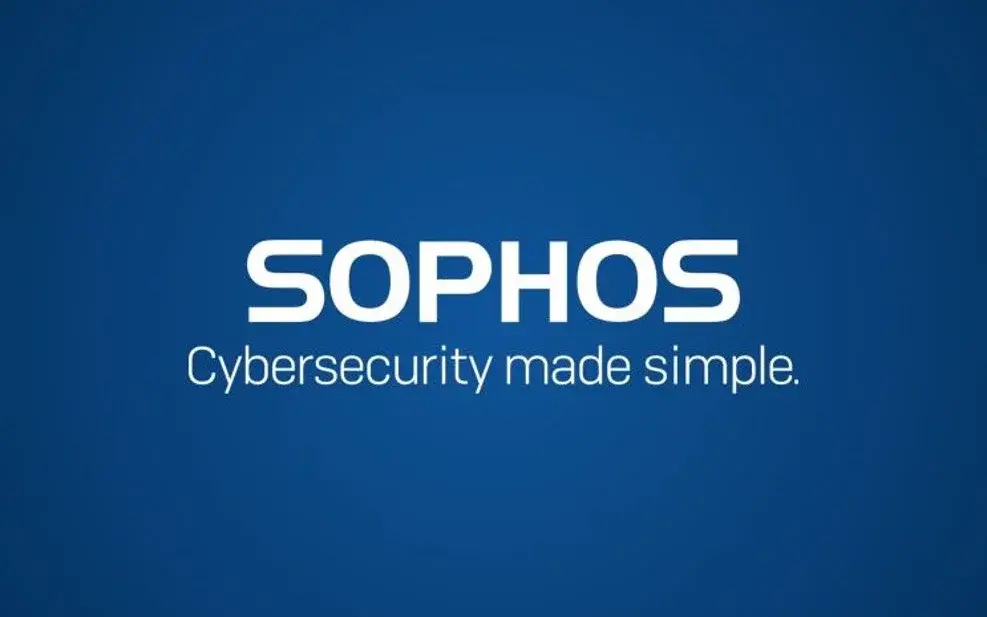Ransomware remains one of the most serious threats to any business today. And it's not easy to deal with, as cybercriminals continue to improve their techniques. We're seeing increasingly sophisticated attacks—from the evolution of the Ransomware as a Service (RaaS) model and the use of new programming languages to changes in how they select and deploy their attacks.
They’ve even found ways to make them more effective by launching them at strategic times: at night, on weekends, or outside of business hours—precisely when security teams are least prepared to respond.
According to Sophos reports, more than 66% of organizations worldwide have faced a ransomware attack in the past 12 months. In addition, remote encryption techniques are on the rise, meaning an attacker can encrypt files on a server or shared device from another device on the network.
This is where Sophos CryptoGuard comes into play—a key technology for detecting, stopping, and reversing ransomware attacks in real time.

Simplified Explanation of How Remote Ransomware Works (Source: Sophos)
What is Sophos CryptoGuard?
Sophos CryptoGuard is an anti-ransomware security module included in Sophos Intercept X and other endpoint solutions from the company. Its job is to identify malicious encryption behavior and automatically revert any affected files—regardless of whether the attack originates locally or remotely.
Unlike traditional antivirus programs that rely on known malware signatures, CryptoGuard focuses on suspicious activity. This makes it an effective tool against zero-day ransomware—new variants that haven’t yet been added to security databases.
How Does Sophos CryptoGuard Work?
CryptoGuard’s strength lies in its asymmetric defense strategy, which protects files directly instead of chasing down the malware.
-
Constant File Monitoring: It watches all data writes for suspicious patterns.
-
Real-Time Detection: If a process starts encrypting documents abnormally, CryptoGuard blocks it.
-
Automatic Rollback: It restores the original files without needing external backups.
-
Protection Against Remote Encryption: It stops attacks even if the ransomware comes from another device on the network.
An important detail is that CryptoGuard can detect attacks that encrypt only a small portion of the file (e.g., 3%). Cybercriminals use this tactic to delay detection, but Sophos technology still manages to identify it.

Summary of How CryptoGuard Works
Read more: What is Sophos Endpoint Protection?
Key Benefits of Sophos CryptoGuard
Implementing CryptoGuard in your company offers multiple advantages:
-
Protection against both known and unknown ransomware.
-
Instant restoration of files damaged by the attack.
-
Prevention of remote encryption across corporate networks.
-
Reduction of financial losses related to ransom payments.
-
Business continuity ensured in the face of cyberattacks.
-
Integration with Sophos Intercept X, Endpoint, and Server Protection.
In summary: it not only prevents ransomware from locking your systems but also saves you time and money on recovery.
Differences Between Sophos CryptoGuard and Other Anti-Ransomware Solutions
Many cybersecurity solutions offer ransomware protection, but not all work the same way:
| Traditional Solution | Sophos CryptoGuard |
|---|---|
| Signature-based (depends on updates) | Behavior-based (works against unknown threats) |
| Blocks malware if recognized | Blocks and rolls back affected files regardless of variant |
| May fail against new (zero-day) ransomware | Effective even against zero-day ransomware |
| Reactive approach | Proactive and corrective approach |
Use Cases for Sophos CryptoGuard
Some examples of how CryptoGuard protects businesses:
-
Financial sector: prevents ransomware attacks from disrupting banking operations.
-
Healthcare: safeguards medical records and critical hospital systems.
-
Education: protects file servers containing academic materials and student data.
-
SMBs: ensures business continuity without the need for an internal cybersecurity team.
Read more: Sophos XDR - Extended Detection & Response
Frequently Asked Questions About Sophos CryptoGuard
Does CryptoGuard require backups to restore files?
No. CryptoGuard creates local security snapshots to instantly revert changes.
Does it work against remote ransomware?
Yes. Even if the attack comes from a different device on the network, CryptoGuard detects it and reverses the damage.
Is it included in all Sophos licenses?
Yes. CryptoGuard is integrated into Sophos Intercept X and other endpoint and server solutions.
Does it replace a traditional antivirus?
No, it doesn’t replace it—it complements it. It’s an advanced protection layer focused exclusively on ransomware.
Conclusion: The Best Defense Against Ransomware in 2025
Ransomware will remain one of the top digital threats in 2025. Companies without effective measures in place risk losing millions due to ransom payments, reputational damage, and customer loss.
At TecnetOne, we are official Sophos partners, which means we have the experience, support, and tools needed to help safeguard your organization against these types of attacks. Our team doesn’t just implement the technology—we also help you design a comprehensive cybersecurity strategy tailored to your business needs.
If you want to discover how Sophos CryptoGuard can protect your organization from the most advanced ransomware attacks, TecnetOne is ready to support you every step of the way.


